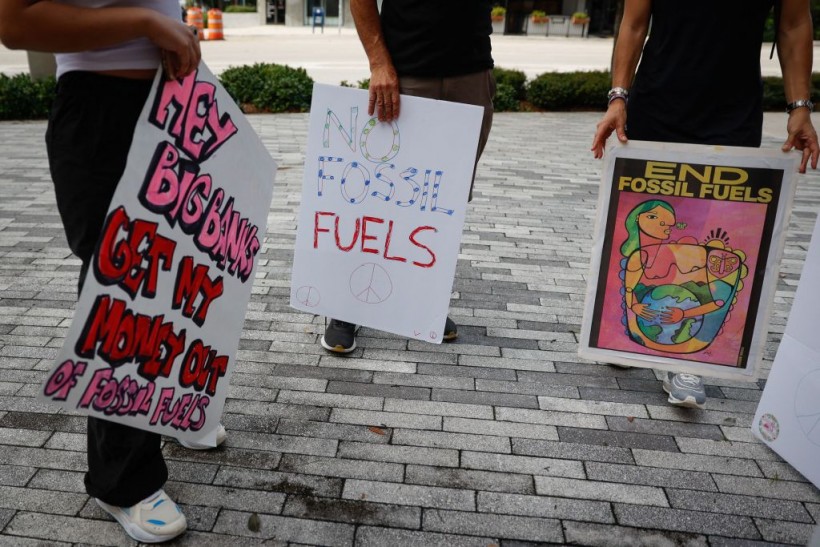Experts said that fossil fuel exploration should stop globally by 2030. According to the United Nations, the funds needed to rescue poor countries from the effects of the climate crisis should reach $200 billion to $400 billion a year by the same date.
Complete Halt to Fossil Fuel Exploration
As stated in the UN's synthesis report on the global stocktake, some parties of the Paris Agreement further demonstrated that the Paris temperature goal is now widely regarded as a reference point for climate action, including for non-party stakeholders, who have widely adopted the net-zero concept.

Specifically, wide efforts have been made to accelerate systemic transformations needed to reach net-zero through clean energy transitions as well as the phase out of fossil fuels.
Experts pointed the need to recognize soaring fossil fuel subsidies and ineffectiveness of climate agreements to deliver on fossil fuels. They stressed that the commitments made in agreements like the Glasgow Pact have not curbed fossil fuel subsidies effectively as these agreements often lack monitoring mechanisms to assess their integration into national policies.
Further, they highlighted that the global stocktake outcome should result in a renewed political commitment by including a just and equitable phase out of all fossil fuels, roll out of renewable energy alongside energy efficiency and demand side measures and call on a cease to all new oil, gas, and coal exploration and development as well as phasing out fossil fuel production before 2050.
There is a need to consider aspirational mitigation policies, such as the phase out of unabated fossil fuels to build confidence in parties to adopt similar 1.5 C aligned policies, including methodologies and models for assessing and analyzing the adverse impacts of response measures, sectoral benchmarks and case studies.
Earlier, UN Secretary-General António Guterres said that countries should phase out coal and other fossil fuels to avert climate "catastrophe."
He noted that countries should progressively phase out fossil fuels, "moving to leave oil, coal and gas in the ground where they belong", and massively boost investment in renewable energy.
The Paris Agreement is a legally binding international treaty on climate change. It was adopted by 196 Parties at the UN Climate Change Conference (COP21) in Paris, France, on 12 December 2015. It entered into force on 4 November 2016.
Read Also: Paris Agreement Doomed to Fail Due to Agricultural Emissions Alone [Study]
Paris Agreement
The global stocktake is the key mechanism under the Paris Agreement to ratchet up climate ambition and accelerate implementation.
The stocktake reviews the implementation of the Agreement as it assesses collective progress towards achieving its purpose and long term goals in mitigation, adaptation and means of implementation and support.
This often takes into account equity and on the basis of the best available science.
The global stocktake is being carried out every five years. The first global stocktake commenced in 2021 and will conclude at COP 28.
According to the UN, the outcome of the stocktake shall inform parties in updating their national climate action plans and strategies, particularly their nationally determined contributions and enhance international cooperation for climate action.
Related Article: Paris Agreement: New Study Reveals Policymakers Underestimate Methane Impact on Air Quality and Climate
Related Video:
© 2024 NatureWorldNews.com All rights reserved. Do not reproduce without permission.
![Tsunami Hazard Zones: New US Map Shows Places at Risk of Flooding and Tsunamis Amid Rising Sea Levels [NOAA]](https://1471793142.rsc.cdn77.org/data/thumbs/full/70325/280/157/50/40/tsunami-hazard-zones-new-us-map-shows-places-at-risk-of-flooding-and-tsunamis-amid-rising-sea-levels-noaa.jpg)




